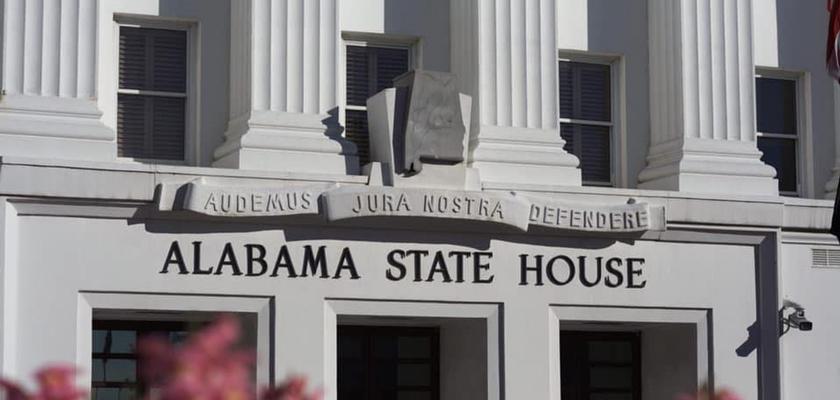During the last two days of the 2022 Alabama regular legislative session, members of the Alabama House of Representatives rejected legislation to increase oversight over the state public health officer.
Alabama is one of the few states in the nation where the state health officer is not a member of the governor’s cabinet but is instead selected by an outside board without input from the governor or the legislature. During the recent pandemic, the public health officer issued several controversial orders limiting the movements of Alabamians and closing schools, churches and businesses. In 2021, the Alabama Legislature created a task force to provide recommendations to improve how those orders will be handled in the next pandemic.
Legislation based on that effort resulted in a bill designed to provide some limited oversight regarding emergency orders by the state health officer.
Senate Bill 255 (SB255) was sponsored by State Sen. Arthur Orr (R-Decatur). It was carried on the House floor by State Rep. Rex Reynolds (R-Huntsville).
Reynolds explained that the legislation would have required that public health emergency orders issued by the state health officer impacting businesses, churches and other institutions would need approval by the governor and that there would be some legislative oversight.
“The health officer should not have restrictions that appear to be political,” State Rep. Laura Hall (D-Huntsville) said. “They are medical doctors. They have the background to understand these issues.”
State Rep. Danny Crawford (R-Athens) said, “Anytime we have an experience like we [had] through this pandemic, we learn from that process. I appreciate the work that was done to make sure that we do better the next time we have this to happen.”
State Rep. Sam Jones (D-Mobile) said, “I am really concerned about the effect of it. There are situations where a decision has to be made….I don’t want there to be a situation where the health officer is limited. Like we have politicized education decisions, now we are politicizing health decisions.
“I don’t think we want to be in a position where the health officer has got to do what he has to do to save lives [but] has to wait until he goes through a political process. That is a step backwards, not a step forward.”
Reynolds replied, “If there is an immediate danger to public health, it bypasses this.
“I spent a lot of time with Dr. Harris on the phone last night. I spent a lot of time with the governor’s staff on this.”
Before a budget is passed, the legislature must approve the budget isolation resolution (BIR) to continue debate on a bill. That takes a three-fifths majority of the House. The BIR narrowly failed on a 54-44 vote.
Reynolds brought back a much-amended version of SB255 on Thursday that increased the governor’s oversight over the public health officer and required the governor to sign off on the public health officer’s actions. Reynolds prepared his new bill after talking to members about why they did not support his first version of the legislation.
Reynolds said that after talking with members he was told that the earlier version of the bill “did not go far enough” so he amended it.
Since the budgets had already passed, the legislation did not need a BIR vote. However this time it was voted down by the members on a 40-53 vote of the House.
Thursday was the final day of the 2022 Alabama Regular Legislative Session. Any changes to the public health officer law will have to be considered in the 2023 legislative session.
To connect with the author of this story, or to comment, email brandon.moseley@1819News.com.










